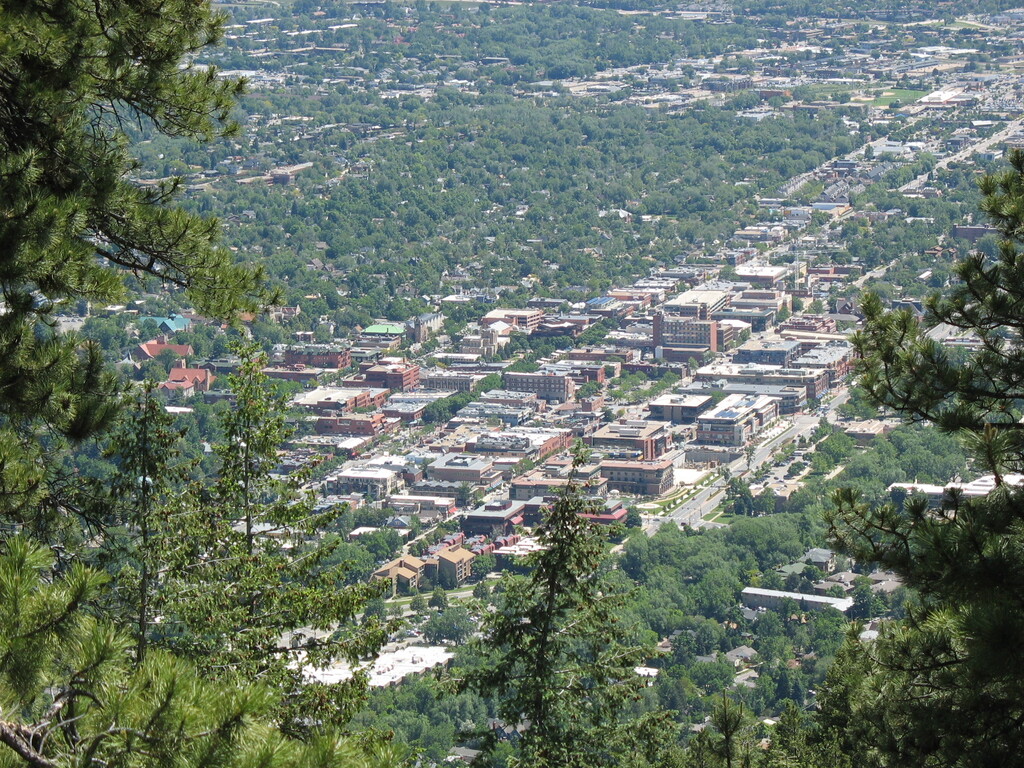Five free and easy ways to save energy
Every step you take to save energy helps you save money and reduce your home’s impact on the environment. If every American simply replaced one light bulb with a more energy-efficient variety, we would save roughly $600 million in annual energy costs and prevent nine billion pounds of greenhouse gas emissions per year, according to the U.S. Environmental Protection Agency. That’s equal to lighting up three million homes and keeping 800,000 cars off the road annually.
If a single light bulb switch can have such a major impact, imagine the difference you can make with the following five quick and free changes. Don’t forget to encourage your friends and neighbors to make these changes too.
1. Turn off the fan when you leave a room. Why? Fans don’t cool the air. They only cool people by blowing warm, still air across their skin. The motor on the fan actually adds heat to the room, which is another reason to turn off the fan when you leave. It’s just like turning off the lights and electronics when you leave a room. It sets a good example for the younger generation that waste is never a good thing.
2. Close your drapes or drop your window shades during the day. Why? Keeping sunlight out during the heat of the day keeps the house cooler. In the winter, doing the opposite lets the warm sunlight in. Consider moving your furniture around with the seasons to take advantage of or avoid the sun. Eating breakfast near a sunny window can start your chilly winter day off right.
3.Wash your clothes in cold water. Why? Ninety percent of the energy used to wash your clothes is for heating the water. Cold water is just as effective for getting clothes clean with today’s high-efficiency washers and cold water-formulated detergents.
4. Wrap or cover foods and drinks in the refrigerator. Why? When foods release moisture, they make the compressor work harder to keep the unit cold. Take a few seconds to put on some plastic wrap to trap that moisture. Better yet, put that food in a reusable container with a lid to avoid having to throw away the plastic wrap.
5. Always use the cold water faucet, unless you really want hot water. Why? Turning on the hot water faucet (or placing the faucet lever to hot or warm) requires energy to heat the water, even if it doesn’t reach the faucet before you turn it off. Use cold water, especially for cooking. Hot water from the tap absorbs more lead and other contaminants from pipes.
If you want to add one more thing that everyone should do as a matter of habit, change your furnace filter at least every 60 days. If you do all of these things, you will notice it in your energy bill month after month.
If a single light bulb switch can have such a major impact, imagine the difference you can make with the following five quick and free changes. Don’t forget to encourage your friends and neighbors to make these changes too.
1. Turn off the fan when you leave a room. Why? Fans don’t cool the air. They only cool people by blowing warm, still air across their skin. The motor on the fan actually adds heat to the room, which is another reason to turn off the fan when you leave. It’s just like turning off the lights and electronics when you leave a room. It sets a good example for the younger generation that waste is never a good thing.
2. Close your drapes or drop your window shades during the day. Why? Keeping sunlight out during the heat of the day keeps the house cooler. In the winter, doing the opposite lets the warm sunlight in. Consider moving your furniture around with the seasons to take advantage of or avoid the sun. Eating breakfast near a sunny window can start your chilly winter day off right.
3.Wash your clothes in cold water. Why? Ninety percent of the energy used to wash your clothes is for heating the water. Cold water is just as effective for getting clothes clean with today’s high-efficiency washers and cold water-formulated detergents.
4. Wrap or cover foods and drinks in the refrigerator. Why? When foods release moisture, they make the compressor work harder to keep the unit cold. Take a few seconds to put on some plastic wrap to trap that moisture. Better yet, put that food in a reusable container with a lid to avoid having to throw away the plastic wrap.
5. Always use the cold water faucet, unless you really want hot water. Why? Turning on the hot water faucet (or placing the faucet lever to hot or warm) requires energy to heat the water, even if it doesn’t reach the faucet before you turn it off. Use cold water, especially for cooking. Hot water from the tap absorbs more lead and other contaminants from pipes.
If you want to add one more thing that everyone should do as a matter of habit, change your furnace filter at least every 60 days. If you do all of these things, you will notice it in your energy bill month after month.


 Menu
Menu




